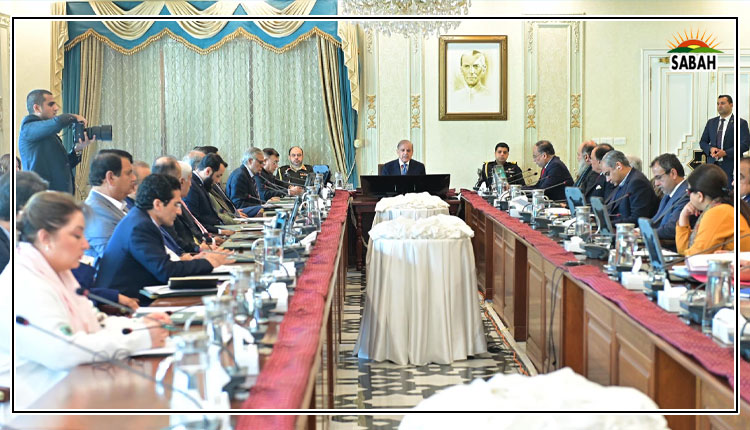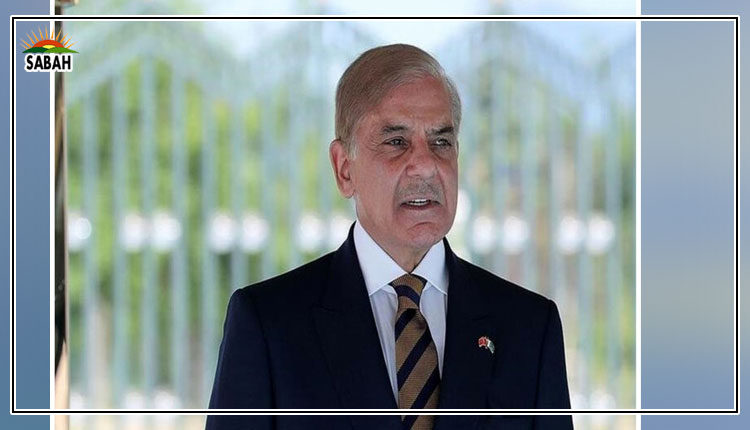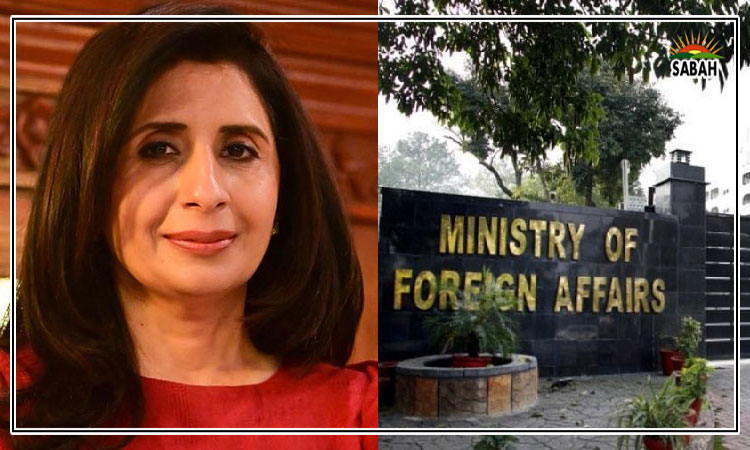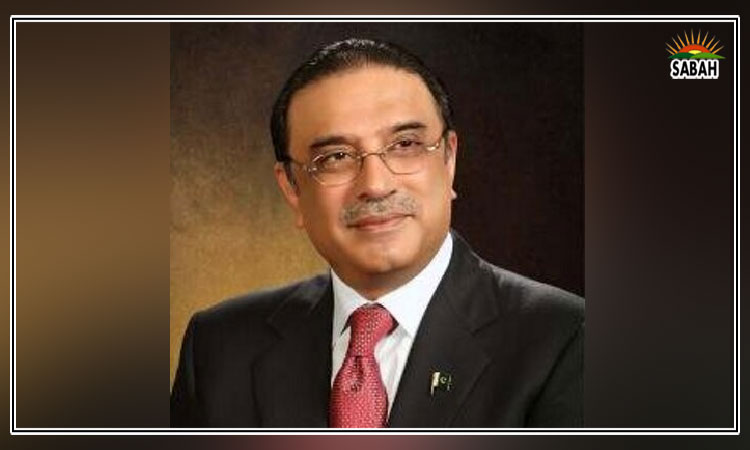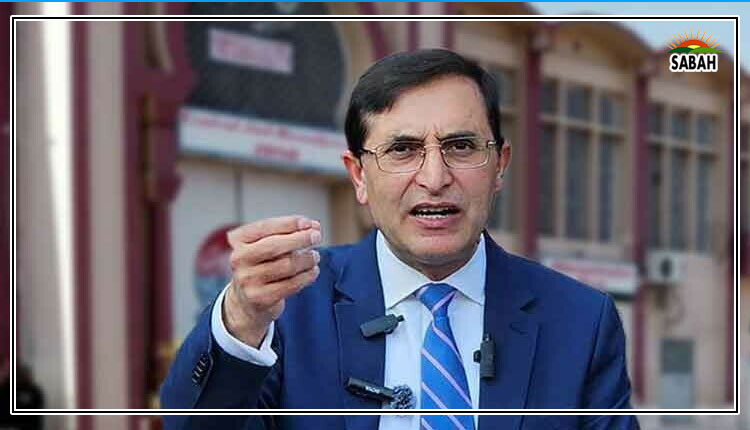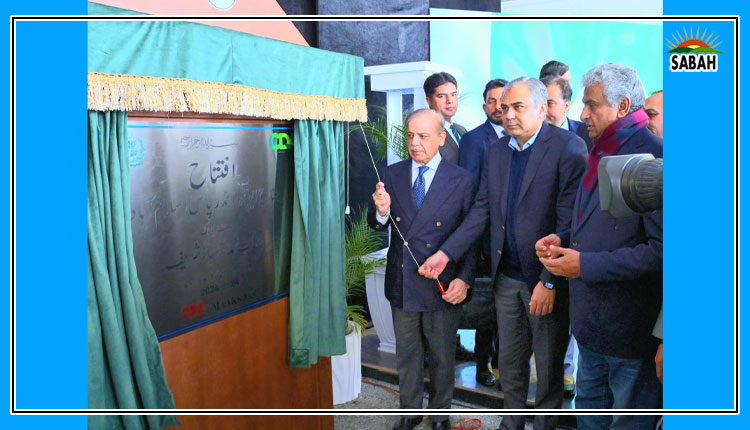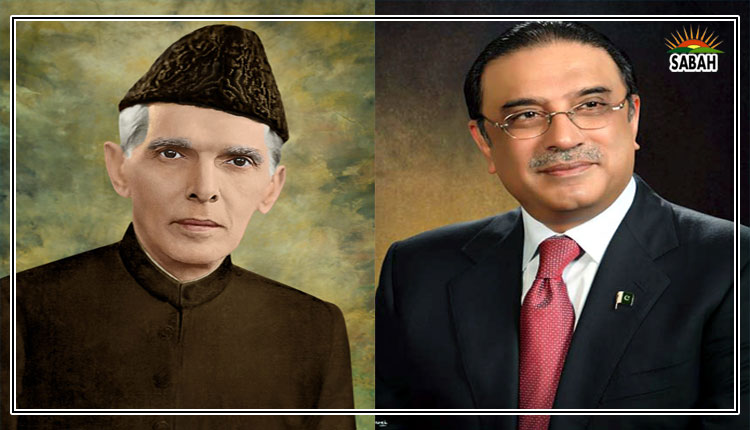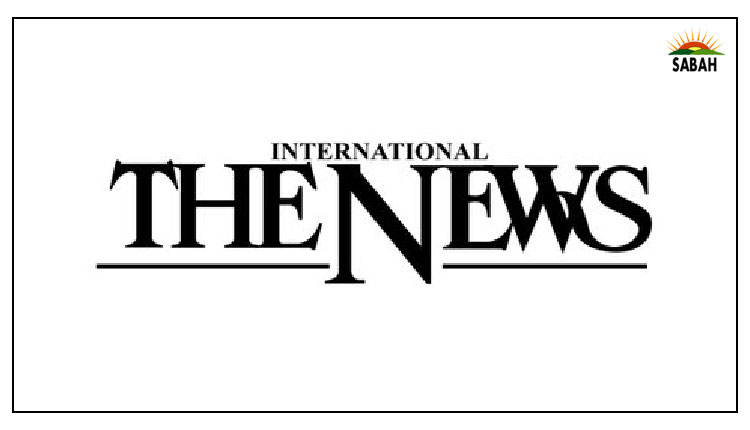The price of a dream …Khola Junaid
The UNODC defines human trafficking as the recruitment, transportation, transfer, harbouring or receipt of people through force, fraud or deception, with the aim of exploiting them for profit.
The recent Greece boat tragedy where 750-800 people were on board the ill-fated fishing boat that sank off the coast of Greece is unfortunately nothing new. It is therefore imperative to analyze the motivating force behind individuals leaving their homes and families in search of opportunities abroad. Equally important is to understand the routes traffickers use from Pakistan and what happens once migrants step on the road towards their dream.
Human trafficking has its roots in practices including slavery, forced labour, and the exploitation of helpless people for financial gain. This illegal trade evolved and adapted to various societal and economic contexts, beginning with the transatlantic slave trade which saw millions of Africans forcibly transported to America between the 15th and 19th centuries and ending more recently with the trafficking of people for sexual exploitation and labour.
People began looking for ways to get there after realizing that individuals who had been trafficked were better off financially and had more chances of growth than before. However, settling in foreign nations, particularly Europe, legally is not easy. Therefore people looked for alternative ways to do so. This encouraged them to migrate illegally along routes that are commonly known as dunki by land, air, and sea.
Human smugglers work in the form of an international syndicate. It is not a single person or a group but a network of groups across countries falling in the route. The people involved in such crimes are mostly legal citizens of countries they live in and have local residences and businesses.
People from South and Central Asia are the biggest victims of human smuggling. Talking specifically about Pakistan, there are different routes human smugglers use for illegal transport. Activist and co-chairperson of the Human Rights Commission of Pakistan (HRCP) Asad Iqbal Butt claims that human smuggling is a lucrative industry that generates substantial revenue. These agents involved can work with local law enforcement officials, border officials, and can have their people in the airlines or the travel agency business as well. They also collaborate with sub-agents, who are individuals from other nations.
Several reports confirm that agents allegedly took between Rs2.3 million and Rs3.5 million ($8,000 and $12,000) from Pakistanis on board the tragic trawler that sank in June.
Previously, this migration would start with air travel, reaching the destination directly from Pakistan. Here, some smugglers used to make settlements with FIA agents and arrange fake travel documents. This process was risky; if the migrants were caught, they were handed over to the FIA and banned from travelling. Over the years, there has been strict legislation and rules to put an end to this practice, and now agents are afraid of taking this route.
One of the alternatives is the air-land route through Russia to Poland. This journey starts with the legal travel of intending migrants from Pakistan to Russia by air on a proper visa. After reaching Russia, these people walk through the mountainous terrain of Russia to reach Poland. They have to bear extreme weather conditions, and only a handful of people complete the journey.
Smugglers also send intending migrants to Europe through Turkey. They transport people from the Taftan border in Balochistan to Iran and then to Turkey via the Maku Mountain. Later, people are illegally transported from Turkey to Greece through land routes. Only a small part of the sea has to be crossed before reaching Greece. But this small patch of the sea route is heavily guarded and there is no easy route to enter it.
With the closure of the Greek route, human traffickers have created a new route to Italy through Libya. Here, Pakistanis travel to Dubai or Egypt before reaching Libya. They are then transported to Italy through a long sea route covering the Benghazi and Tabarak areas. In 2018, the tragic Libya boat disaster was another wakeup call for countries and led to a crackdown on those involved in human trafficking.
The truth is that those who somehow reach the final destination safely are not happy either. The average per-day income is low and requires more effort and hard work. Migrant workers now barely cover their monthly expenses and usually fail to send any money to their families back home. These people need resident permits and other legal papers to secure jobs. And since they do not have such documents, they face even more troubles.
Agents employ different tactics to trap people. They often offer to take money after the whole process is completed to build trust. But once these people get trapped, there is no going back. And since many people take loans ranging between $4,000 and $12,000$ they have no other option than to keep listening to these agents and fulfilling their demands.
Despite the issues, human trafficking has become a never-ending problem. People in Pakistan are desperate for good economic opportunities that are nowhere to be found here. As inflation soars, peoples ability to purchase safe and affordable housing reduces. Human trafficking is a serious problem that needs to be addressed efficiently. The first step should be government action. This includes carrying out in-depth investigations, bringing charges against offenders, and ensuring that victims receive justice promptly.
It is also essential to educate vulnerable groups about the risks of human trafficking and promote safe migration practices. To create and implement effective preventative programmes, rescue operations and rehabilitation services for survivors, cooperation is required between the government, civil society and international partners.
Addressing fundamental issues like poverty, lack of employment opportunities and gender discrimination can considerably reduce the risk. An effective strategy must also include comprehensive legislation, stringent border restrictions and international cooperation to dismantle trafficking networks.
To assist survivors in reintegrating into society and avoid becoming victims again, it is important to offer them support and protection, including access to legal counsel, medical treatment and psychosocial services.
Agents who facilitate such activities and trap people for money should be punished strictly with life imprisonment and heavy fines.
The writer is a freelance
contributor and can be reached at: kholajunaid2004@gmail.com
Courtesy The News


